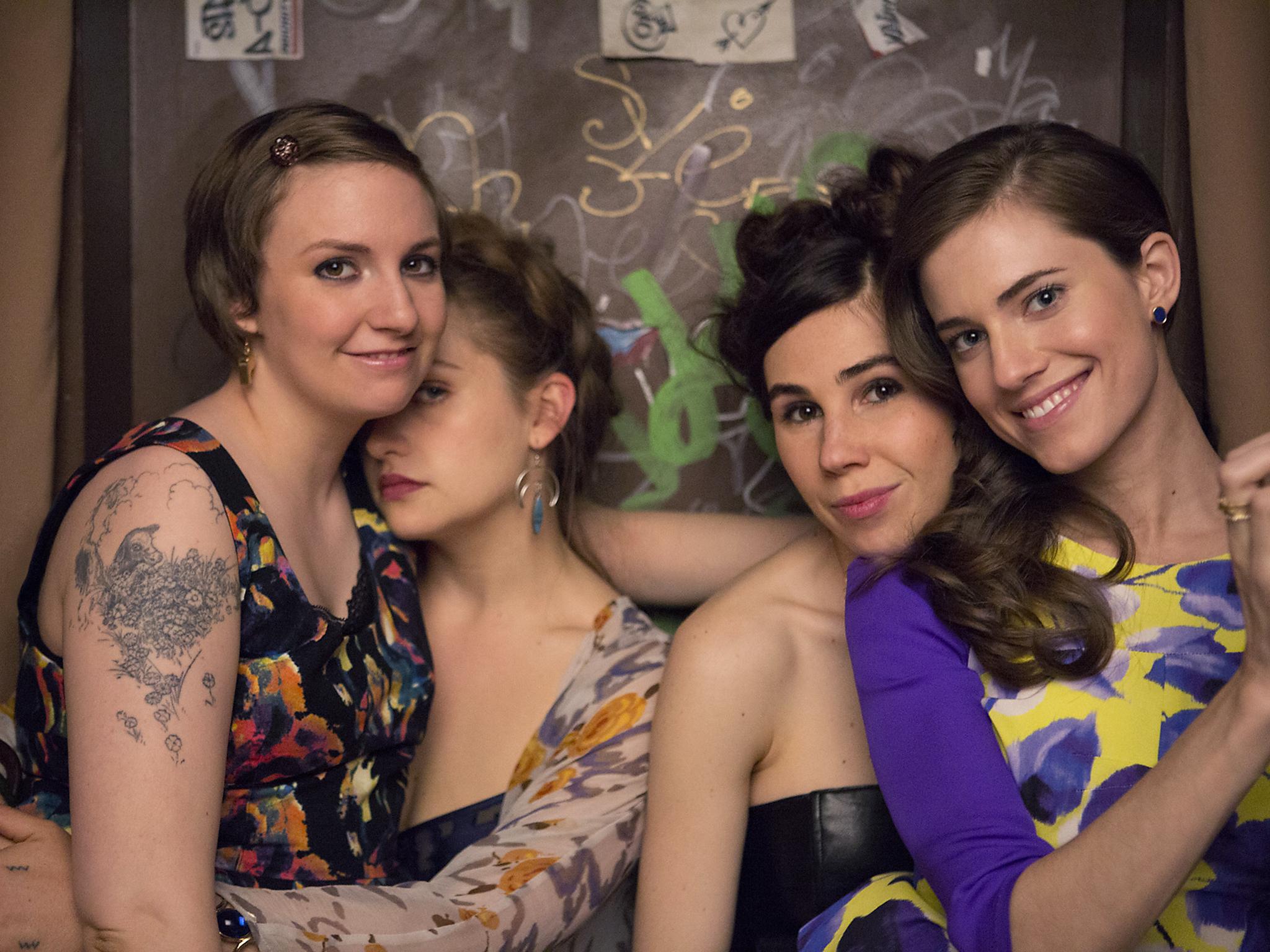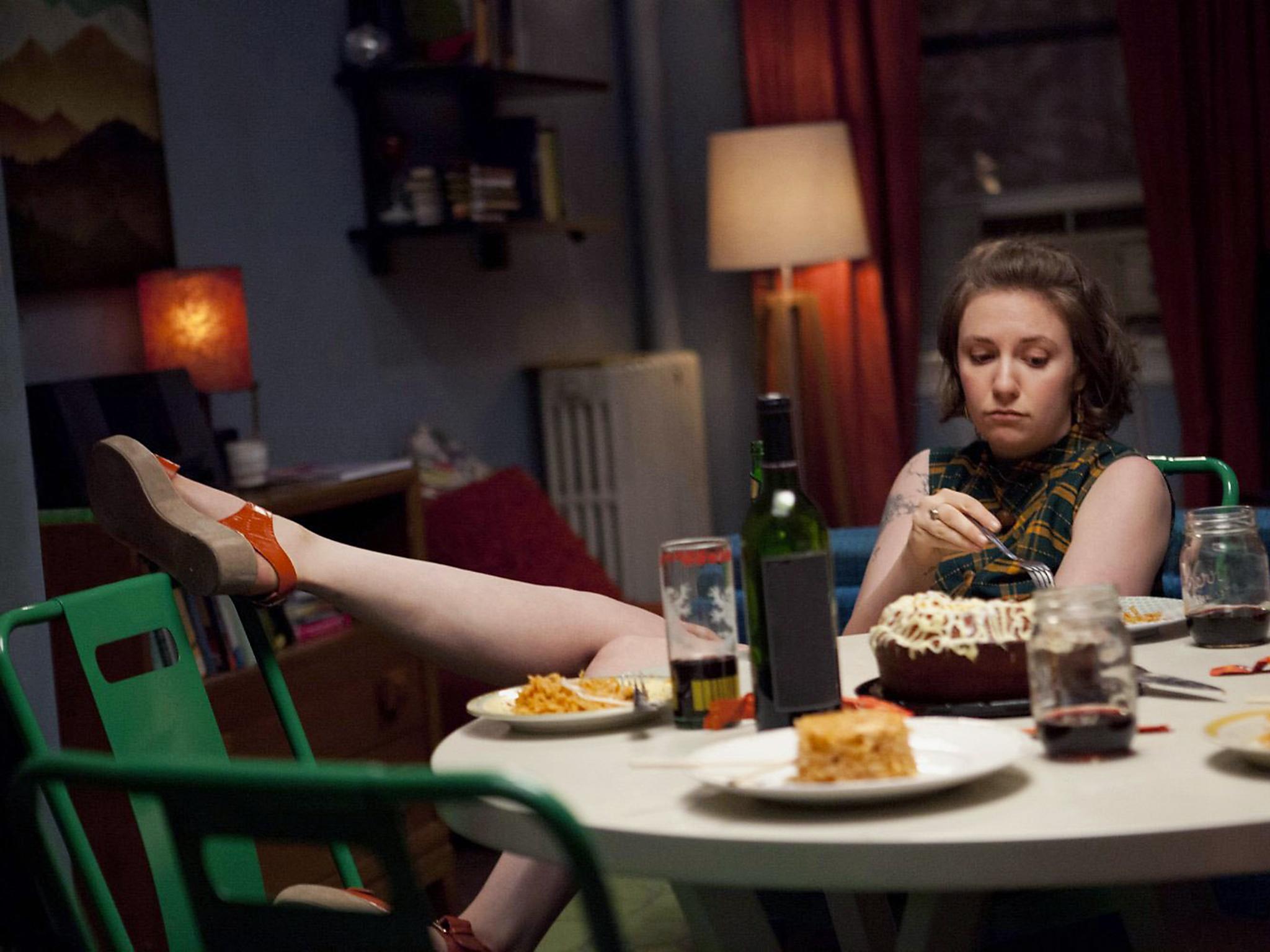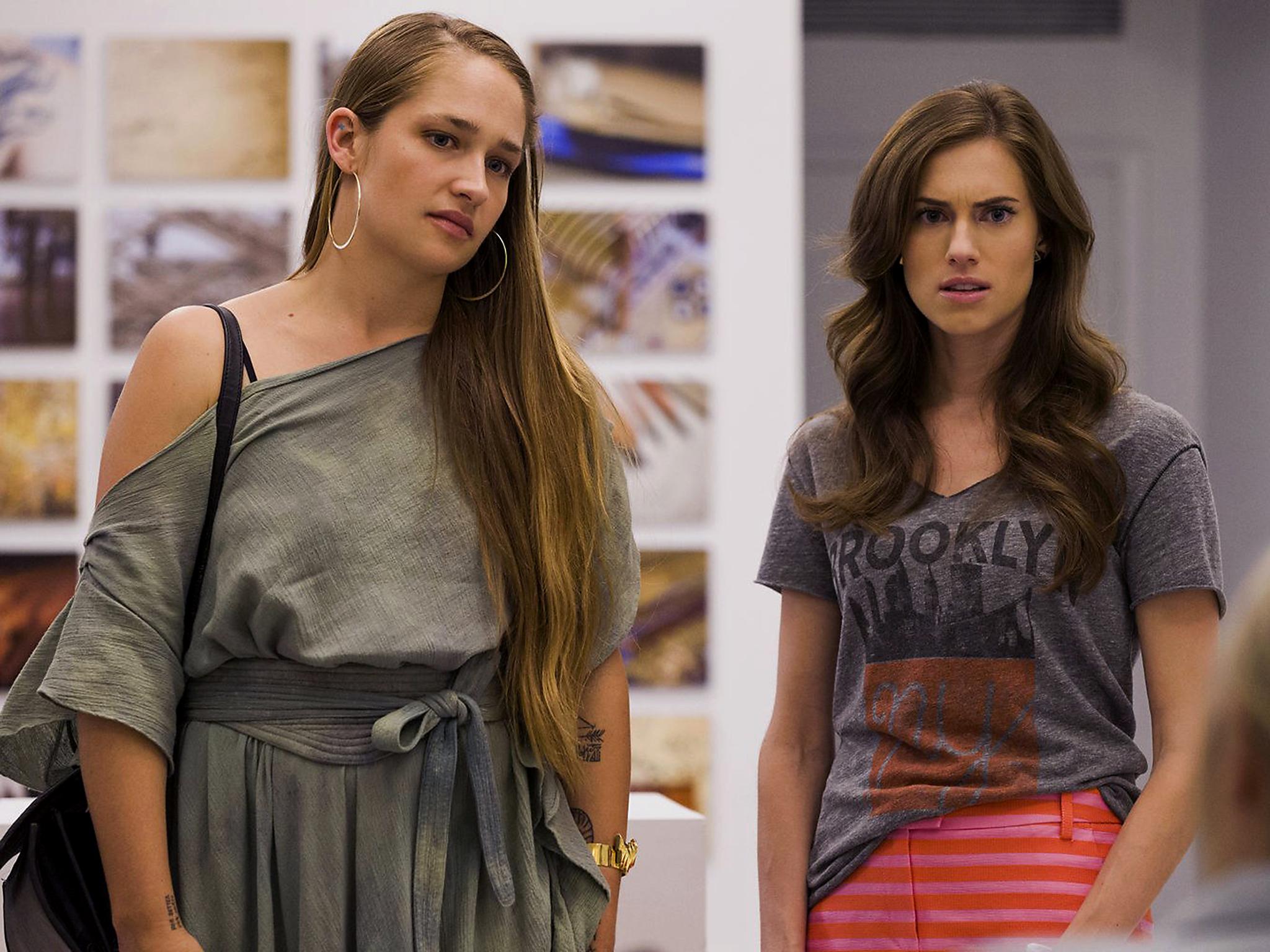Girls may be flawed, but its feminist legacy will last
The final series of ‘Girls’ began this week, but will its elitist depiction of feminism have a lasting legacy?

The long-awaited sixth and final season of HBO’s Girls graced our screens on Monday, but “grace” may not be the first word you’d associate with the series’ creator and showrunner, Lena Dunham.
As the series draws to a close, it will leave in its wake controversy and debate: over its mainstreaming of “gross-out” femininity; its intermittent and sometimes cack-handed attempts to comment on contemporary issues such as race relations or lack of opportunities for young people; and especially the problems for social engagement posed by its ethnically homogeneous, middle-class Brooklyn milieu.
There’s no denying that Dunham’s choice to tell stories connected to her own experience as a white, female, millennial New Yorker limits the scope of the show’s potential in some ways. She makes no bones about the autobiographical nature of all her work, any more than does her Girls character Hannah when she attends a prestigious creative writing programme in season four. Like many of Girls’ critics, classmates dismiss Dunham’s/Hannah’s art as nothing more than the stories of a “privileged girl”.
Indeed, the echoes between Girls, Dunham’s earlier low-budget films such as Tiny Furniture and her bestselling “collection of personal essays” Not That Kind of Girl are so loud that spotting them could get fans through a world without Girls.
It’s apt, then, that season six opens by focusing on Dunham’s controlling presence, zooming in on Hannah’s hands and facial features as she types a story.
Certainly, the show’s representation of non-normative identities leaves something to be desired. Although its gay character Elijah (Andrew Rannells) evolved from catty best friend stereotype to emotionally vulnerable protagonist by season five, early episodes of season six suggest a backwards move. And watch out for the second episode, where the issue of opioid addiction and associated domestic violence are reduced to a horror movie parody (think The Shining framed by giggling girls).
Then there are the dislikeable, self-serving characters and the wistful, not to say self-indulgent aesthetics – including a whiny teen-angst score. Even Dunham admits Hannah is a version of herself who has yet to mature.
But Dunham’s very active Twitter feed suggests that she takes critiques of Girls on board and has broadened its repertoire. For instance, the inclusion of Hannah’s African-American boyfriend in the first two episodes of season two appears to attempt – inadequately but genuinely – to, as scholars Meredith Nash and Ruby Grant note, “reveal the difficulty of initiating an honest discourse on race, even if it is between two educated metropolitan twentysomethings amidst a presumed post-racial America”.

Fans of Girls have meanwhile hailed it precisely for its rejection of the inanely slick sensibility of its predecessor series Sex and the City, whose trailblazing installation of a variety of idiosyncratic female characters on international screens it mimics. While the girls’ friendships in Dunham’s show may be far from problem-free, these relationships get more air time than is customary for much mainstream television.
And there’s an appealing honesty to the imperfect characterisation of the leads. As Hannah puts it to Marnie (Allison Williams) in season six’s second episode: “it can be pretty hard to have observations about other people when you’re only thinking about yourself – I would know”.
Girls offers a rare combination of physical and verbal comedy with a serious undertone. At its best, it is unparalleled on contemporary television in its attention to human rhythms, its virtuoso casting, direction of actors and skewering of outdated social mores.

Fear of the female body is first and foremost among the latter, as hostile reactions to the appearance of Dunham’s “imperfect” body on screen only demonstrate in spades. The show’s main characters engage in “grotesque” activities such as masturbation, urination or leaving snot in the bathtub. And who can forget Hannah threatening to “pollute” her hostile, dysfunctional, buttoned-up cousin Rebecca with her “chachie hands”, or blithely to “spread” her underwear-less crotch all over a chair in the apartment she shares with Elijah?
If you don’t like it, Dunham tells viewers loud and clear, the problem’s all yours. Even more bravely, the third episode of season six offers a reflection on the difficult issue of sexual coercion that is as subtle and thought-provoking as the much discussed narration of possible college date rape experienced by Dunham in her memoir Not that Kind of Girl.
Critics may write off the achievement of Girls as mere fiddling while Rome burns – some even credit Dunham, who campaigned for Clinton, with an unwitting role in establishing a new order based on the mistrust of progressive politics as defined by an elite group. But, in a fast-changing world, the show speaks best to those issues closest to its creator’s heart.
More importantly, elitism is a charge that can be levelled at most feminist movements historically, thanks to the sociological fact that the upper classes typically lead changes in the gendered private sphere. And it demonstrates a failure of imagination to ignore the broader relevance of exploring issues of power imbalance. Limited vision belongs less to Girls than to its detractors.
ssistant professor in French film at the University of Warwick. This article first appeared on The Conversation (theconversation.com)
Join our commenting forum
Join thought-provoking conversations, follow other Independent readers and see their replies
Comments